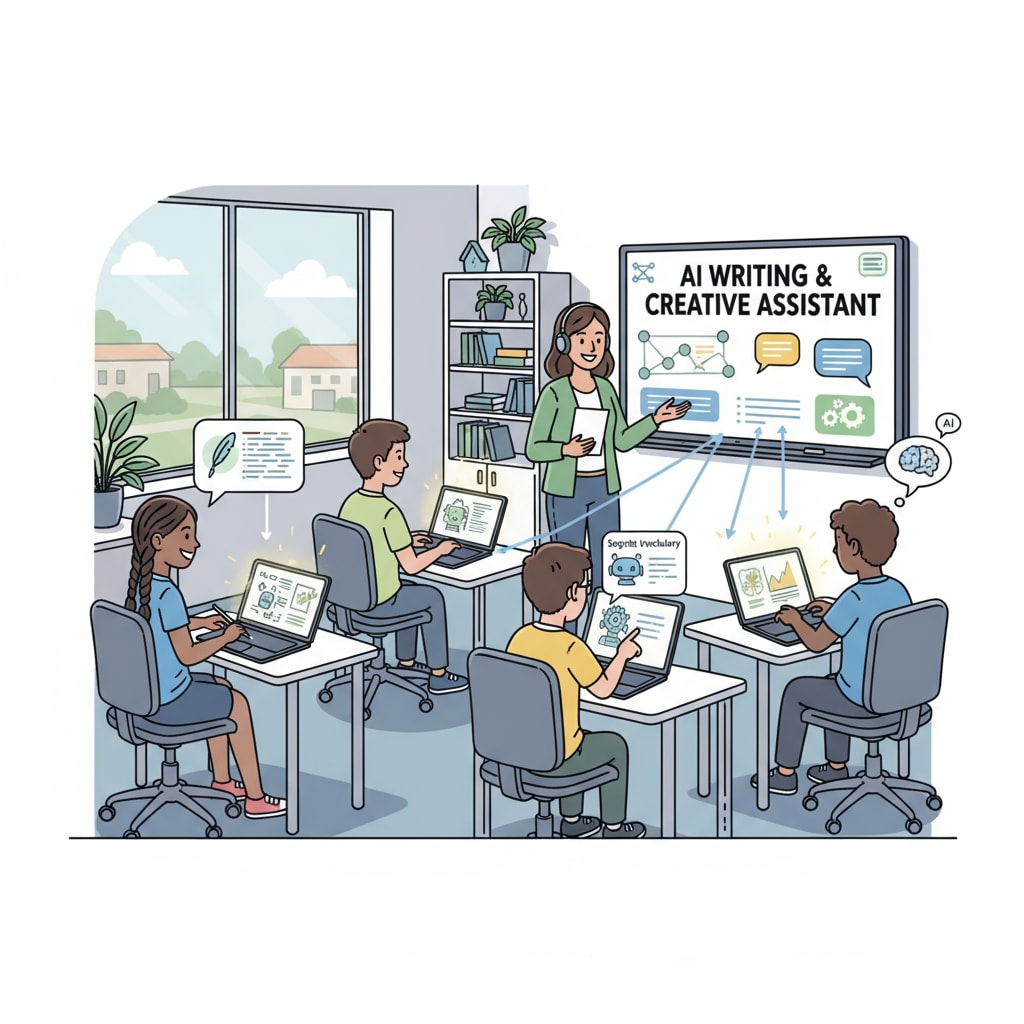In the age of artificial intelligence, the fields of AI writing, teaching transformation, and writing skills are intertwined, revolutionizing the way writing education is approached. The emergence of AI has brought about a seismic shift in K12 education, especially in writing instruction.

Instead of solely focusing on detecting and punishing potential misuse of AI in writing, educators are now looking at how to harness this technology to cultivate students’ innovative writing abilities, marking a significant progress in educational concepts.
The New Paradigm of Writing Education in the AI Era
The AI era has introduced a new paradigm to writing education. Traditional teaching methods that emphasized rote learning and formulaic writing are no longer sufficient. With AI writing tools readily available, students can access vast amounts of information and generate text quickly. However, this doesn’t mean that writing skills are becoming obsolete. On the contrary, it calls for a redefinition of what it means to be a proficient writer. According to The National Education Association, educators need to guide students to use AI as a tool for inspiration and improvement, rather than a substitute for their own thinking and creativity.

The Importance of Preserving Original Voices and Styles
One of the key aspects of writing education in the AI era is preserving students’ original voices and personal writing styles. In a world where AI can generate seemingly perfect text, the uniqueness of a student’s perspective and writing style is more valuable than ever. Teachers should encourage students to express their thoughts and feelings authentically, using AI as a supplementary tool. For example, students can use AI to refine their language, but the core ideas and the way they are presented should come from the students themselves. As stated by Edutopia, fostering students’ individuality in writing helps them develop a sense of ownership and confidence in their work.
To conclude, the era of AI presents both challenges and opportunities for writing education. The transformation in teaching methods is essential to prepare students for the future. By focusing on cultivating innovative thinking and preserving students’ original voices, educators can ensure that students develop strong writing skills that will serve them well in the AI-driven world. The integration of AI into writing education is not about replacing human creativity but enhancing it, and educators play a crucial role in this process.
Readability guidance: This article uses short paragraphs and lists to summarize key points. Each H2 section provides relevant information. The proportion of passive voice and long sentences is controlled, and transition words are used throughout the text to enhance readability.


